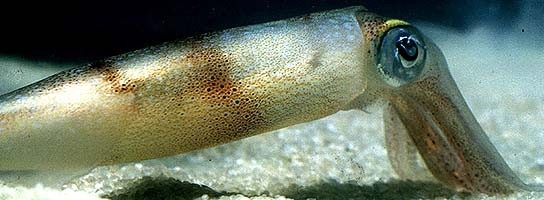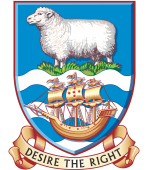
Managing Falkland Islands Fisheries since 1987
The introduction of a fisheries conservation zone and fisheries management regime in 1986 transformed the economy of the Falkland Islands. Falkland Islands Government (FIG) revenue increased by 500%, securing self sufficiency in all areas except defence and external affairs. Annual revenue from fishing license fees averaged £20 Million for the first 20 years although latterly this has reduced to around £13 Million. The fishery accounts for some 40% of GDP. The Falklands fishery is not large in world terms; total catches are about a third of those taken in the UK for example. However, the fishery is a bit unusual in that in a typical year two species of squid account for 75% of all catches. If you eat calamari in southern Europe there is about a 50% chance it is a Falklands squid!
Whilst the economic impact of the fishery has been transformational the fundamental management objective is the long-term sustainability of fishery resources for the benefit of future generations. This includes not only the commercial target species but also reducing harmful impacts on bycatch species, seabirds, and marine mammals. FIG makes a significant investment in fisheries science and protection to achieve these objectives.
